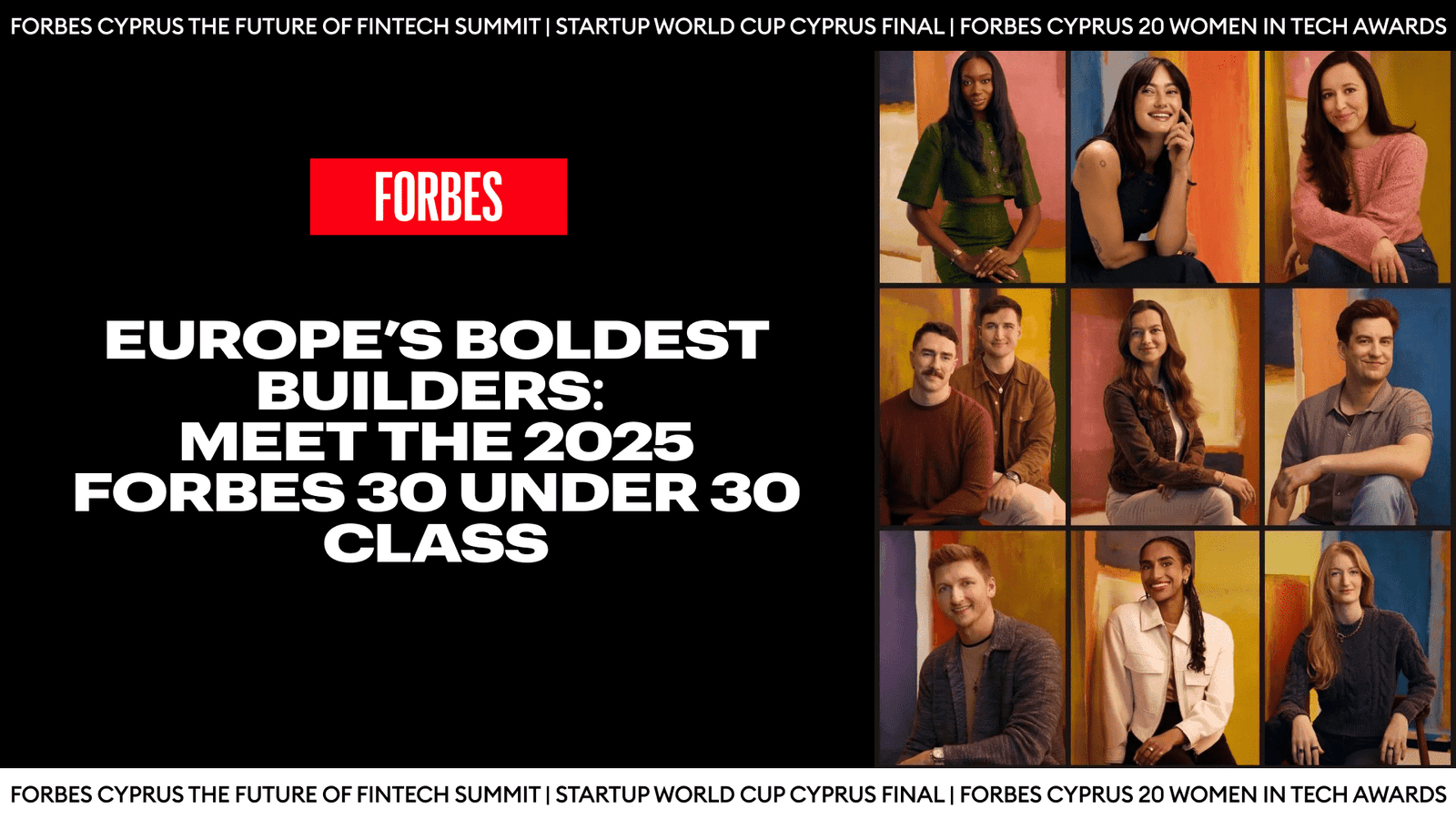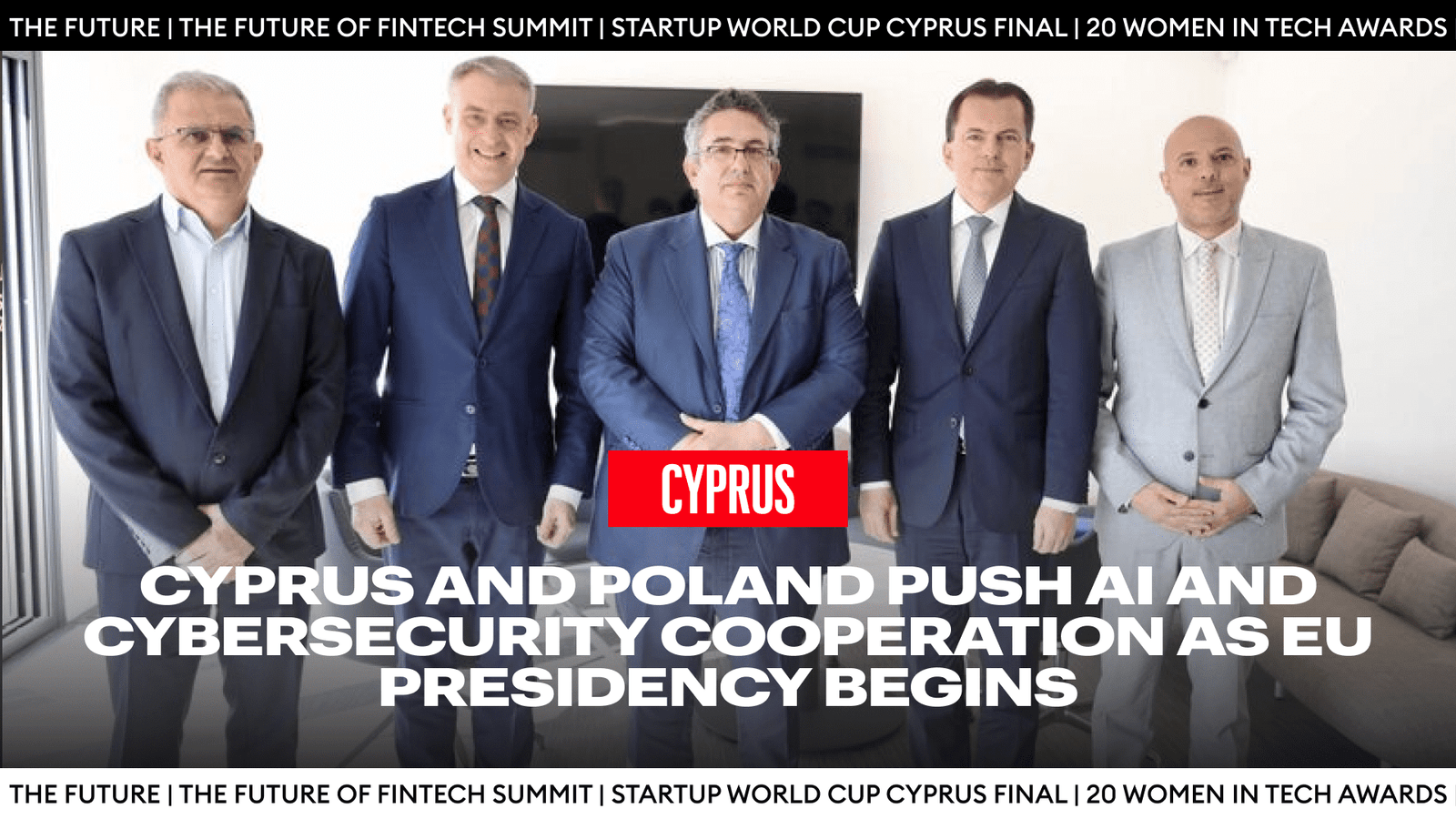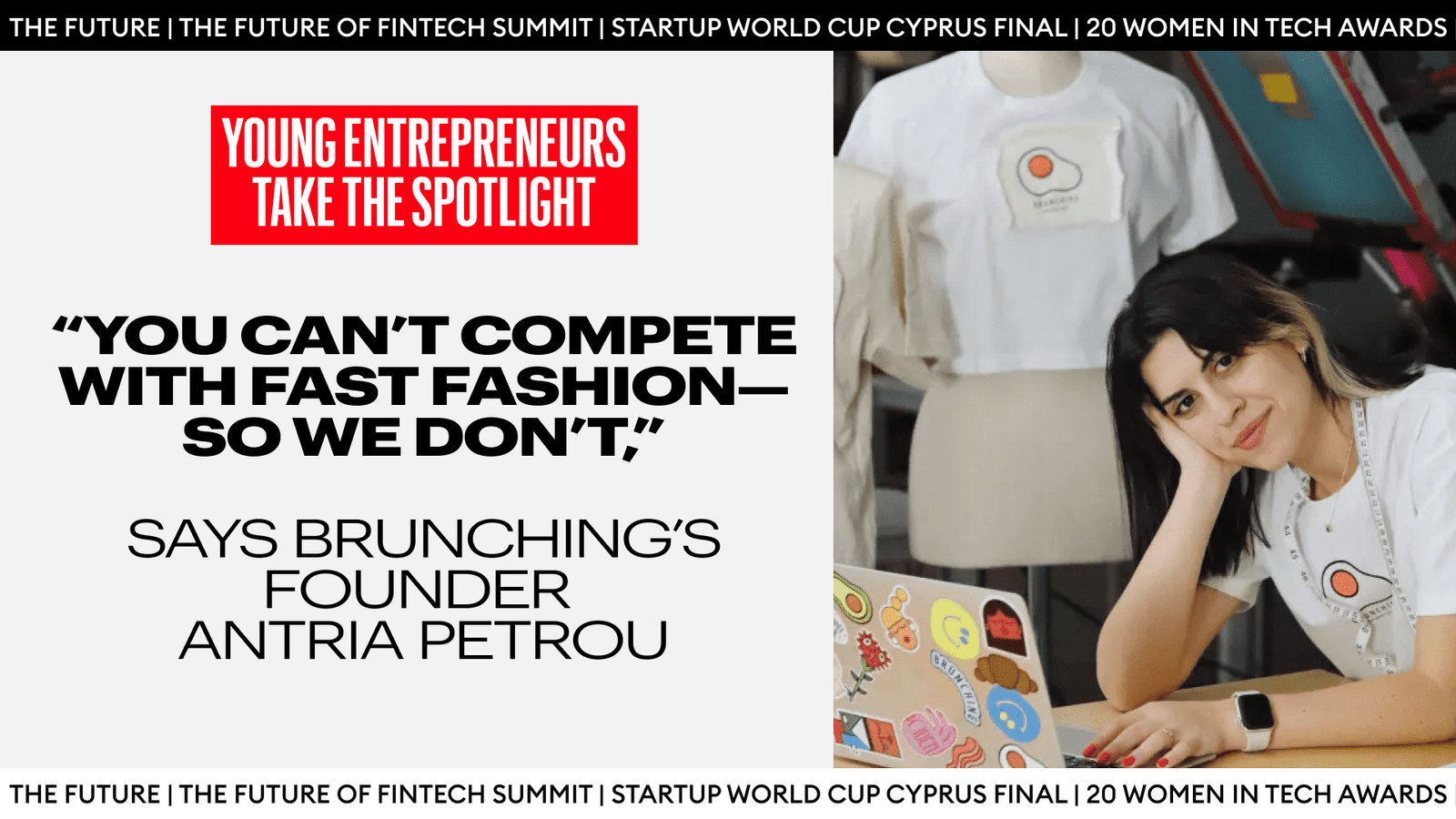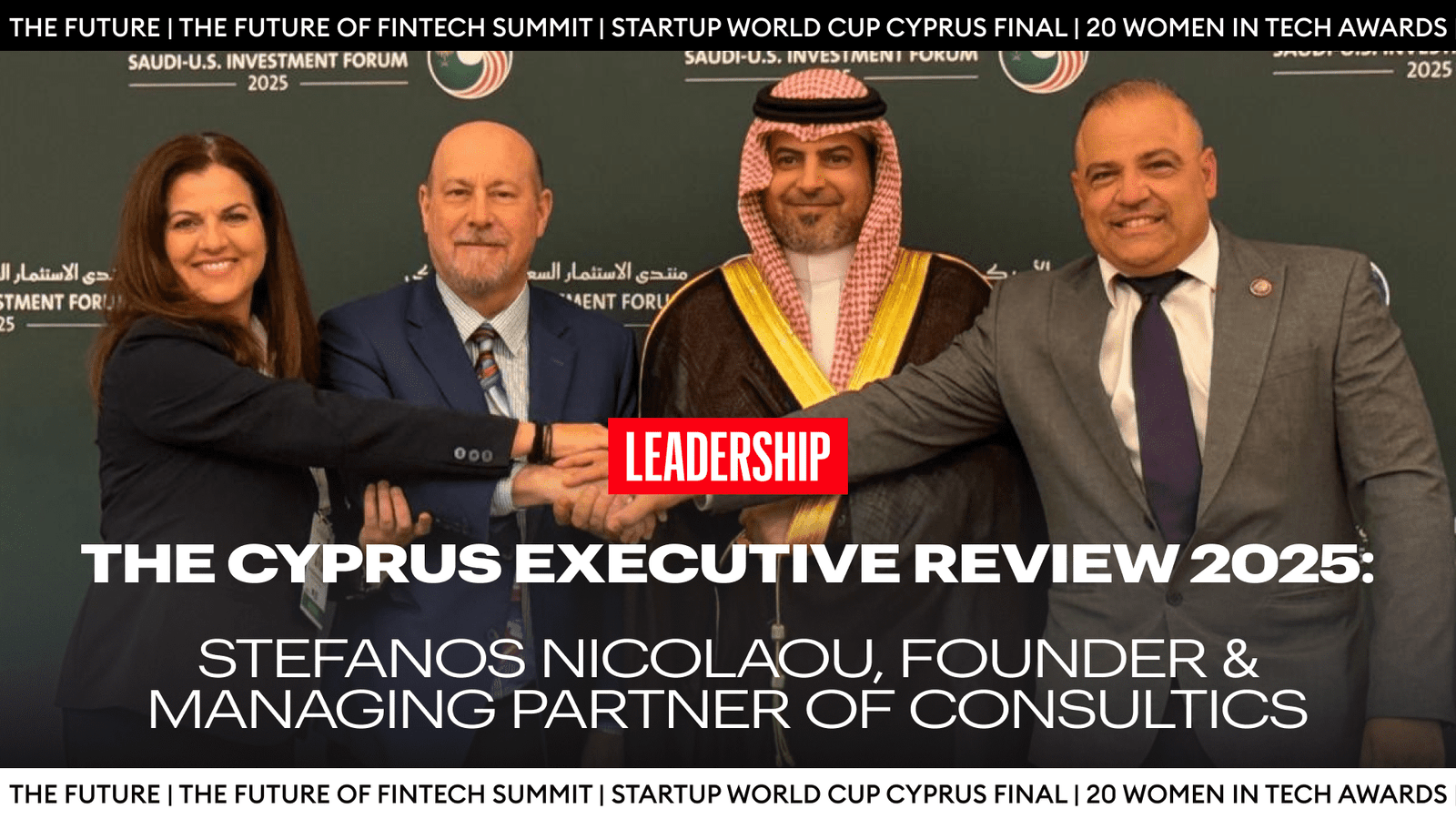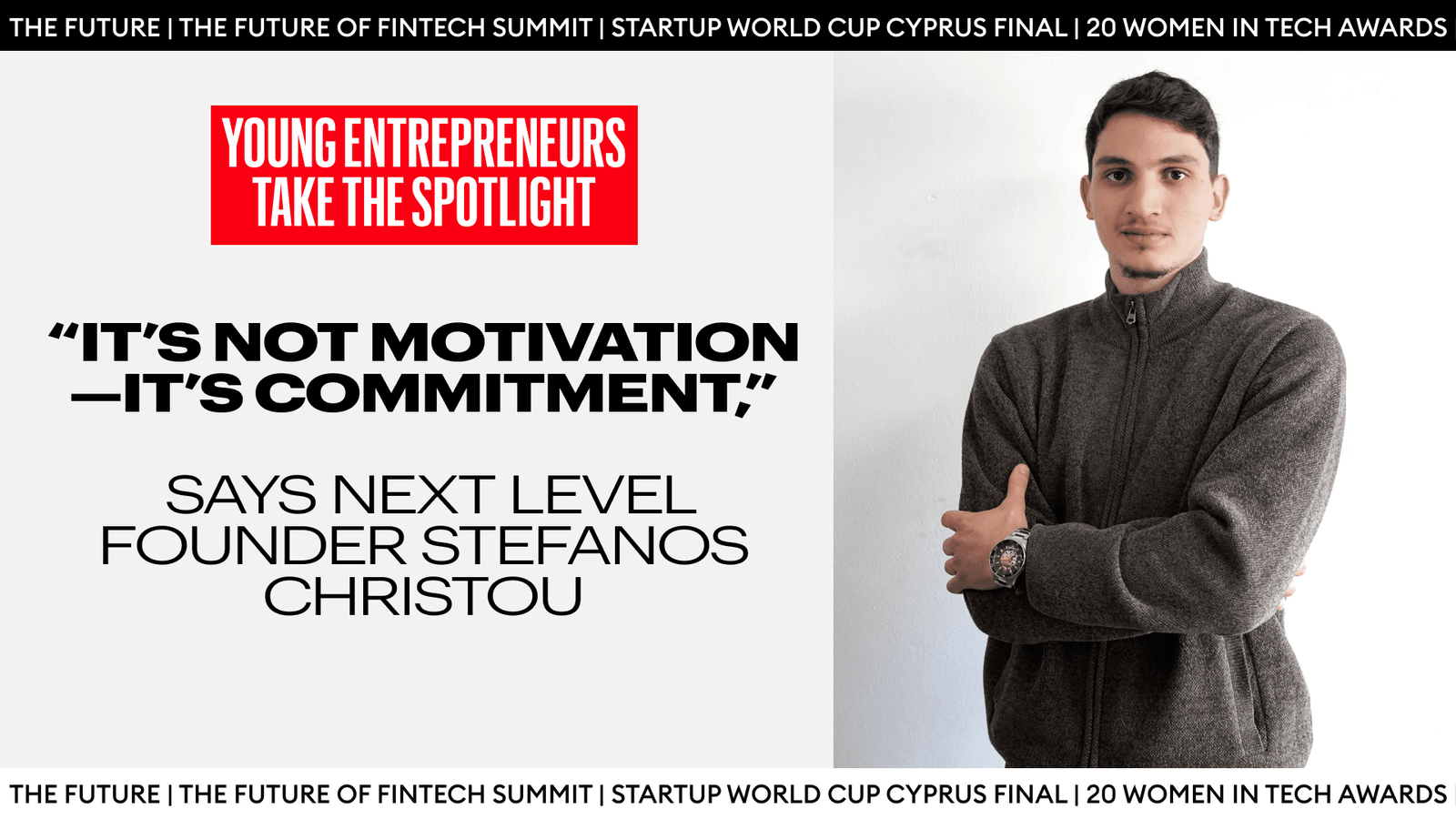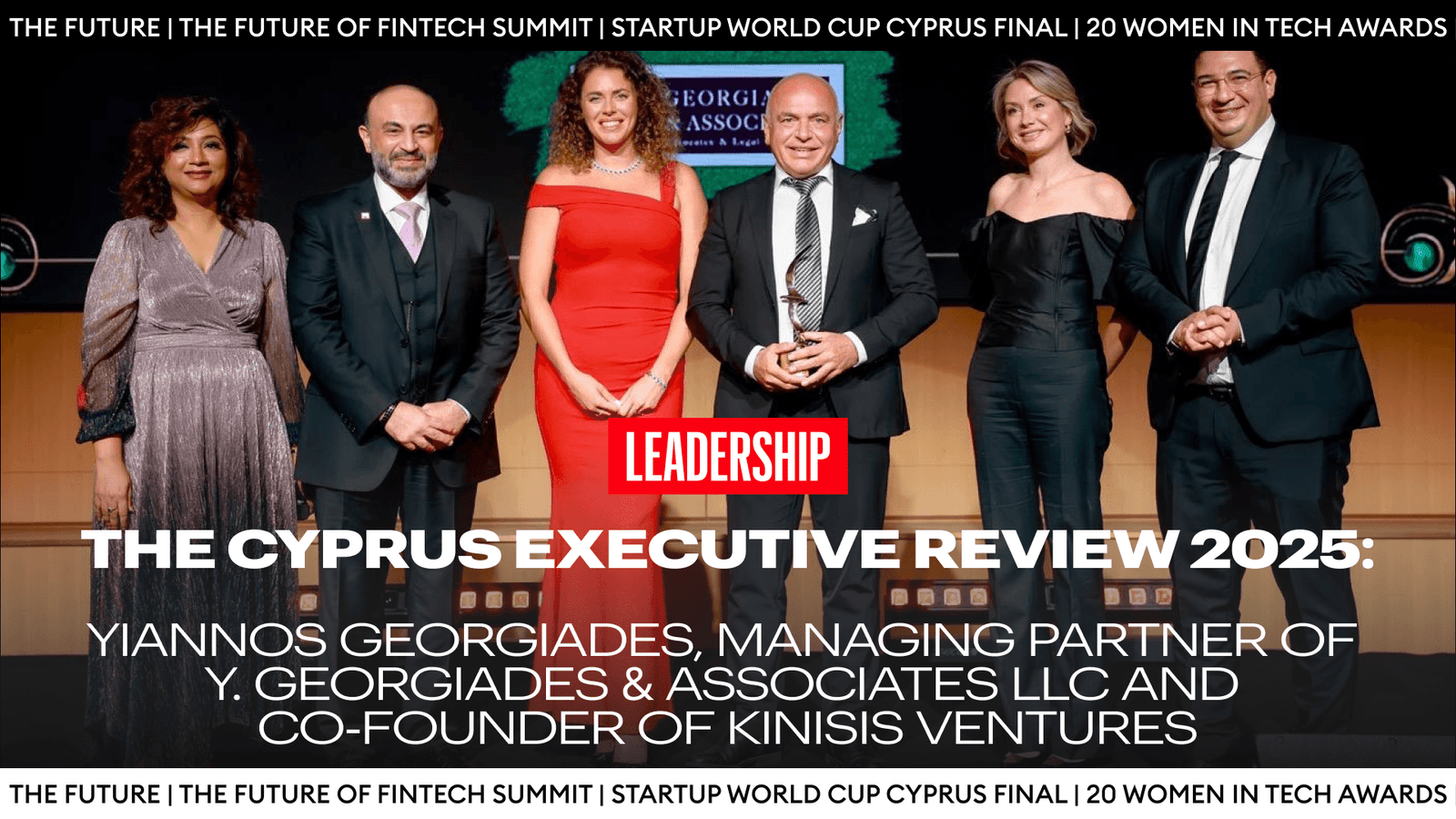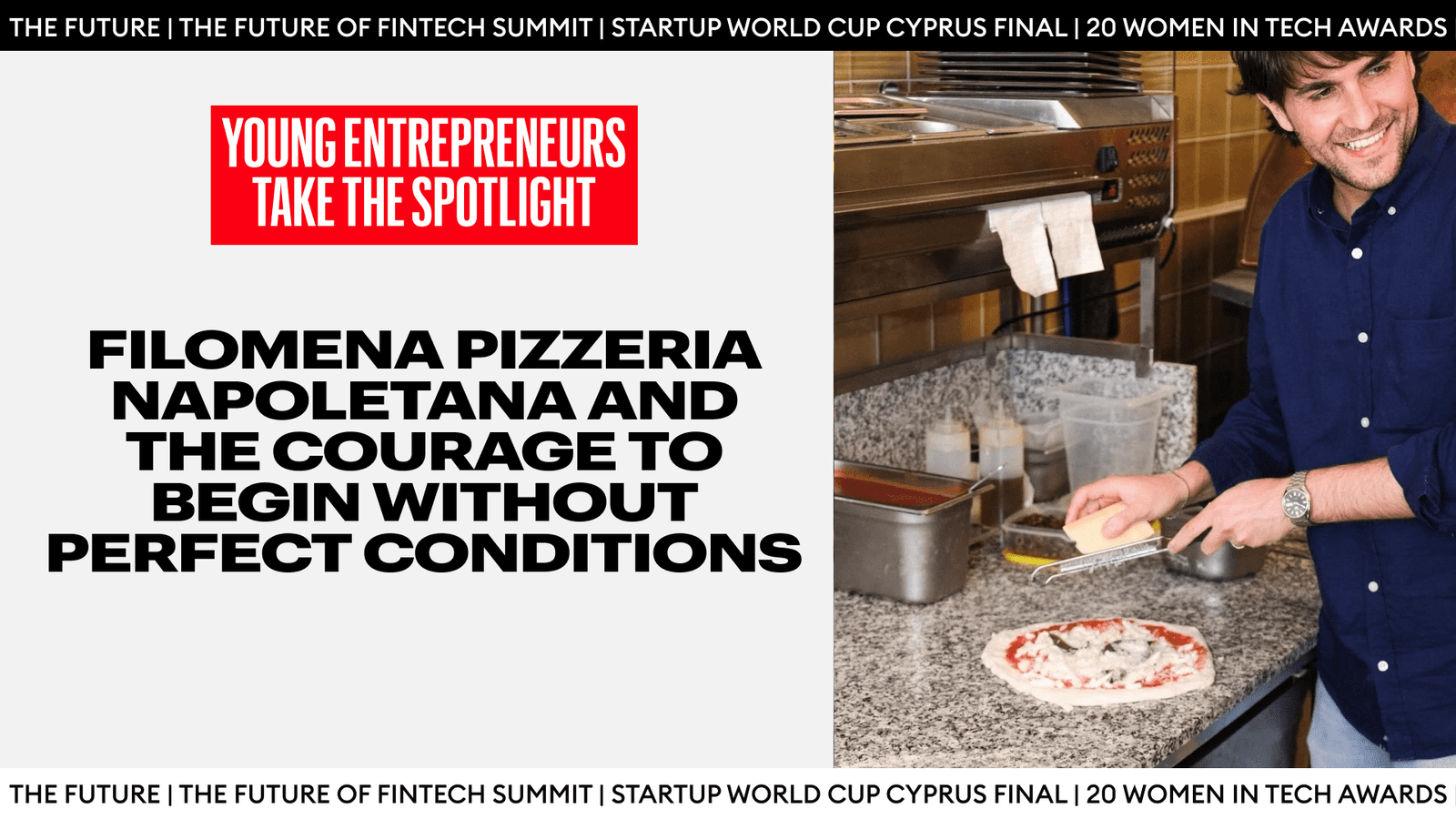In a world shaped by geopolitical shocks and a breakneck AI revolution, Europe’s next-gen founders aren’t just surviving—they’re rewriting the rules. Against a backdrop of trade wars, a brutal conflict in Ukraine, and generative AI reshaping capitalism in real time, the 2025 Forbes 30 Under 30 Europe honourees are doing what they do best: creating.
These innovators are reimagining entire industries—turning virtual penguins into global sensations, transforming fertility treatment with machine learning, and redefining fashion and advertising with next-gen AI. The message is clear: Europe’s startup scene is far from quiet—it’s roaring.
Follow THE FUTURE on LinkedIn, Facebook, Instagram, X and Telegram
Rebooting The Metaverse
While many had written off the metaverse as yesterday’s hype, 25-year-old Fabian Kamberi is proving otherwise. His gaming startup, Slay, is behind Pengu, a viral app where users raise quirky digital penguins and socialise with friends in-game. With 10 million users and $20 million in funding from Accel, Scooter Braun, and Harry Stebbings, Kamberi is betting on Europe’s comeback as a global hub for consumer tech.
And he’s not stopping there. Slay has launched frfr (short for “for real for real”), an AI-powered voice app that lets users send anonymous audio messages in celebrity voices. The name might be ironic, but its appeal is real—and viral.
AI Meets Real-Life Impact
While some are focused on fun, others are tackling deeply personal issues. Felicia von Reden, 29, is a cofounder of Ovom Care, a fertility clinic using AI to optimise IVF outcomes. Its algorithms analyse eggs, sperm, medication, and dosages to improve success rates and reduce guesswork. Since launching its first clinic in 2024, Ovom has already supported 350 IVF patients and raised $8 million at a $22 million valuation.
In retail tech, 26-year-olds Flore Lestrade and Tristan François, along with 25-year-old Christian Kotait, are behind Veeton—a platform giving brands the power to showcase their clothes on hyper-realistic AI-generated models. Their tech means brands can represent more body types at a lower cost, accelerating the shift to digital-first fashion.
At Black Forest Labs, Frederic Boesel and Jonas Muller are pushing the limits of text-to-image AI. Their platform Flux helps corporates like Deutsche Telekom generate marketing visuals on demand. Backed by $31 million in seed capital from Andreessen Horowitz, the duo is turning Germany’s Black Forest into a new epicentre for creative tech.
Across all 300 Under 30 honourees, these companies have collectively raised over $800 million in funding—despite a global slowdown in venture capital.
Stardom, Streamers, And Screens
The 2025 list also celebrates stars who command attention on both big and small screens. Ella Purnell, 28, earned acclaim in Fallout and Yellowjackets, while 23-year-old India Amarteifio wowed audiences as the lead in Netflix’s Queen Charlotte: A Bridgerton Story.
Then there’s David Cánovas Martínez—aka TheGrefg—a Spanish content creator with 48 million followers across platforms like Twitch, YouTube, and TikTok. Alongside him, Tamanna Kaur, 24, blends empowerment and entertainment with lifestyle content that’s earned her 71 million views.
Behind The Numbers
To build this list, Forbes editors and expert judges—including singer Sam Smith, Spotify’s Saruul Krause-Jentsch, and designer Stella Jean—sifted through over 10,000 nominees. The criteria: tangible impact, creative spark, and business acumen.
Here’s a closer look at the class of 2025:
- Total funding: $800M+ (down from $1B in 2024)
- Average age: 27
- Youngest honouree: 14-year-old actress Frankie Corio (Aftersun, Bagman)
- Diversity: 26% identify as people of colour (up from 23%)
- Gender breakdown: 40% women (a record high), 58% men, 1% non-binary
- Gen Z (born 1997 or later): 44% of the list
- Founders/cofounders: 70%
Top cities: London, Berlin, Paris—with Munich and Helsinki rounding out the top five - Social reach: Top 24 honourees boast 120M+ combined followers
Building The Future, Now
These rising leaders aren’t waiting for the dust to settle—they’re building amid the storm. In the face of global instability, they’re not just imagining new futures—they’re funding, coding, designing, and scaling them.
Europe’s future isn’t being decided in boardrooms. It’s being built by the visionaries on this list.




